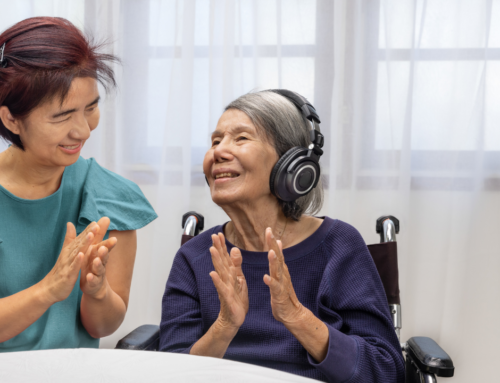Share This Story!
Caring For Your Loved One Can Be Frustrating And Rewarding
When a loved one is diagnosed with Alzheimer’s disease, families may find the new normal a difficult adjustment. During the adjustment period, sufferers will exhibit changes in mood, behavior, and other personality changes. Alzheimer’s patients may start forgetting things more regularly and have trouble performing everyday activities.
Caring for someone with Alzheimer’s
Helping a loved one living with Alzheimer’s looks different for everyone. How a person helps will depend on Alzheimer’s symptoms. Caring for someone with Alzheimer’s requires out-of-the-box thinking and patience when helping with anything a loved one needs. Loved ones can support Alzheimer’s patients through multiple ways.
Research as much as you can
After diagnosis, family members may need to research how the diagnosis will impact a loved one’s memory, personality, and overall quality of life. There are a number of resources that provide a good start for learning the basics of the condition.
Build a strong support system
One person alone can’t handle all of the tasks associated with caring for an Alzheimer’s patient. Individuals need to reach out to other family members for assistance, when needed. The right physician, specialist, nurse, caregiver, or support group can provide mental and physical support both for the affected loved one and the caregiver.
Plan stimulating and hands-on activities
Stimulating and hands-on activities can include conversations, board games, walks, and more easy tasks. Patients enjoy engaging and rewarding activities. Families can schedule time for fun and pleasant activities or outings.
Give them space
Loved ones with Alzheimer’s will also feel frustrated and hopeless through the adjustment process. Families can ease into the new way of life by giving a loved one as much independence as possible.
Check in, but be patient
Alzheimer’s is difficult for both families and the affected loved one. Patients may not be willing or able to talk about emotions. Patience and care can clear up the lines of communication over time.
Self-care is vital
Self-care is the most important part of caring for someone with a health condition. Families need to find time to relax. In addition, a healthy diet, consistent exercise routine, and healthy sleeping habits are key.
It’s never too late to ask for help
Helping a loved one living with Alzheimer’s is a constantly changing journey. Families that need help should reach out to local groups or centers that can provide support for Alzheimer’s patients in the form of long-term care. Asking for help is, sometimes, the best thing to do.





